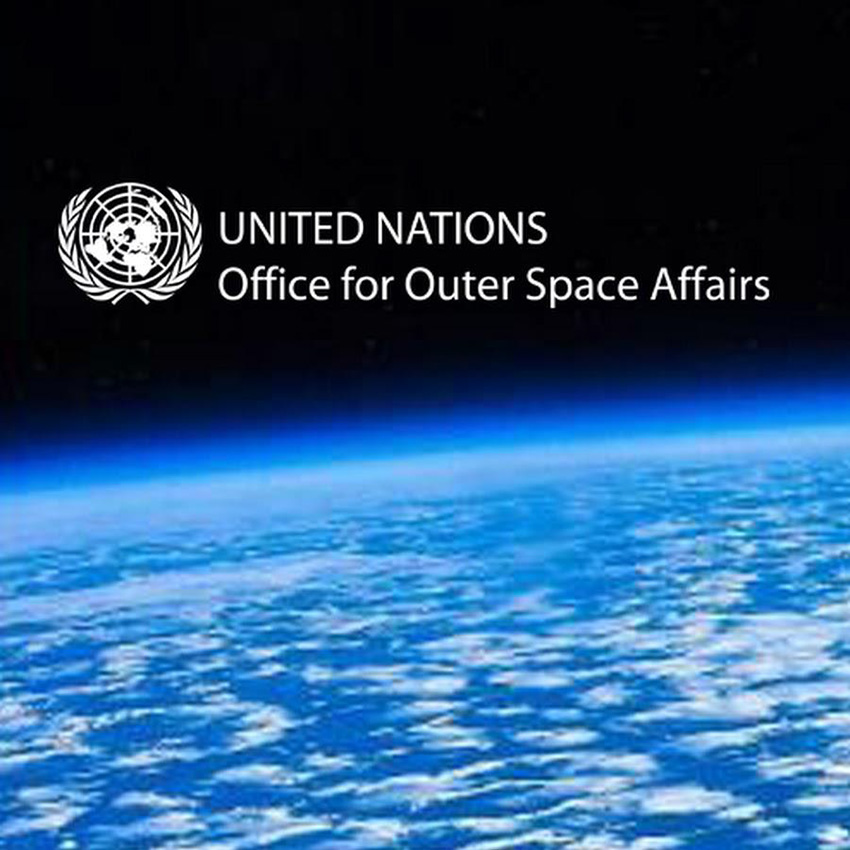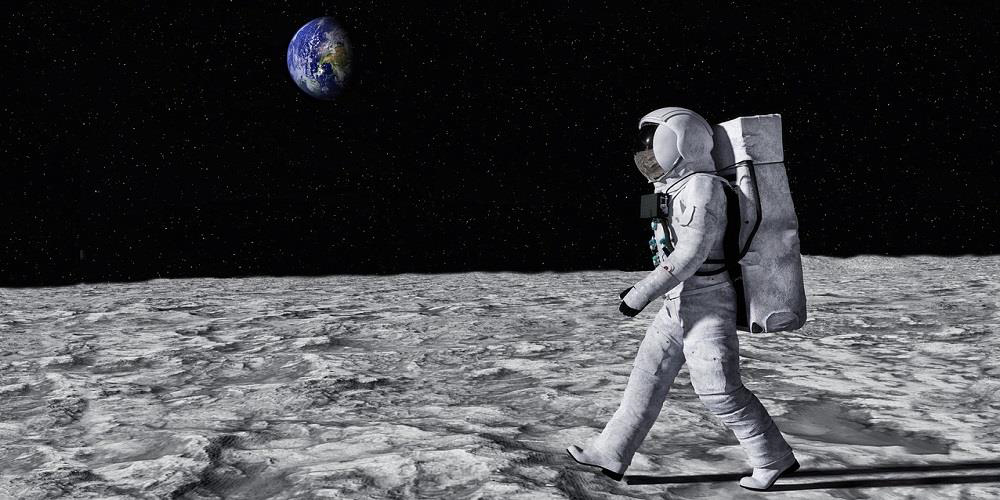International Day of Human Space Flight 2024
Space science and technology vital in achieving sustainable development goals and maintain outer space for peaceful purposes
By R. Anil Kumar
-
The International Day of Human Space Flight is celebrated on April 12. The day is celebrated to honour the first person, Yuri Gagarin, to go to space
-
The day is also dedicated to the beginning of the space era for mankind, the contribution of space science and technology, and ensuring to conservation of outer space for peaceful purposes
-
Exploring space has enabled the world to understand the fields of communications, navigation, and weather forecasting, among others
-
The United Nations acknowledges the benefits that outer space can have for mankind. As space scientists are making continuous innovations with technology, it has helped mankind understand the potential threats that might be freely moving in the solar system and approaching our planet Earth
-
In the end, it is also an appreciation for the technological advancements that have been made to better understand space. It is also a reminder to keep exploring and using our knowledge to make the world a better place for everyone
United Nations Office of Outer Space Affairs (UNOOSA). On April 7, 2011, the United Nations General Assembly finalised April 12 as the International Day of Human Space Flight.

The resolution of April 7, 2011, called it a day “to celebrate each year at the international level the beginning of the space era for mankind, reaffirming the important contribution of space science and technology in achieving sustainable development goals and increasing the well-being of States and peoples, as well as ensuring the realization of their aspiration to maintain outer space for peaceful purposes.”
12th April marks the International Day for Human Space Flight, observed worldwide. This day commemorates a significant milestone in human history: the pioneering voyage of Yuri Gagarin, the first human to journey into space. Gagarin’s historic mission not only marked a monumental achievement but also ignited a newfound fascination with space exploration and the cosmos.
In the wake of his remarkable journey, there emerged a renewed interest in the study of space and its potential implications for humanity.
Additionally, the International Day for Human Space Flight acknowledges the strides made by humankind in fostering a sustainable relationship with space and leveraging space exploration for the benefit of all inhabitants of Earth. It serves as a tribute to scientific curiosity and innovation, highlighting the ongoing quest to unravel the mysteries of the universe and harness space-related knowledge for the advancement of society.

On April 12, 1961, humanity celebrated a monumental achievement as Yuri Gagarin, a courageous astronaut hailing from the Soviet Union, became the first person to venture into space. His historic voyage transformed our perspective on exploration beyond Earth’s bounds, igniting widespread enthusiasm for the exploration of outer space.
UN and Space
From the very beginning of the Space Age, the United Nations recognized that outer space added a new dimension to humanity’s existence. The United Nations family strives continuously to utilize the unique benefits of outer space for the betterment of all humankind.
International Day of Human Space Flight 2024: Theme
International Day of Human Space Flight 2024 is being observed with the theme, “Encourage scientific curiosity”. It urges individuals and communities to embrace curiosity as a driving force for discovery and innovation.
By encouraging scientific curiosity, we promote a deeper understanding of the cosmos and inspire future generations to pursue careers in science, technology, engineering, and mathematics (STEM). This theme emphasizes the transformative power of curiosity in pushing the boundaries of human knowledge and capabilities. It highlights the role of space exploration in sparking curiosity about the universe, stimulating scientific inquiry, and ultimately contributing to the advancement of humanity.
Through initiatives, educational programs, and public engagement efforts centeredaround scientific curiosity, we can inspire a new generation of explorers and innovators who will continue to push the frontiers of human spaceflight and scientific discovery.
International Day of Human Space Flight 2024: Significance
The International Day of Human Space Flight 2024 honours Yuri Gagarin’s ground-breaking journey into space on April 12, 1961, marking the first human spaceflight. It serves as a reminder of his pioneering spirit and the monumental achievement that paved the way for future space exploration endeavours.
Promoting Scientific Curiosity: This day encourages individuals worldwide to embrace scientific curiosity and exploration, fostering a deeper understanding of the cosmos. By celebrating human achievements in space, it inspires curiosity-driven inquiry and fuels enthusiasm for STEM disciplines among people of all ages.
Recognizing Global Collaboration: The International Day of Human Space Flight acknowledges the importance of international cooperation in space exploration. It highlights the collaborative efforts of nations, space agencies, and scientific communities worldwide in advancing space exploration initiatives for the benefit of all humankind.
Inspiring Future Generations: By commemorating significant milestones in human spaceflight history, this day inspires future generations to pursue careers in space exploration and related fields. It serves as a reminder of the boundless possibilities of scientific discovery and innovation, motivating young minds to dream big and reach for the stars.
Reflecting on Achievements and Challenges: On this day, individuals and organizations reflect on the achievements and challenges of human space exploration. It provides an opportunity to assess progress made in space science and technology while also identifying areas for further development and collaboration to address future challenges in space exploration.
Exploring space has enabled the world to understand the fields of communications, navigation, and weather forecasting, among others. As a result, the United Nations acknowledges the benefits that outer space can have for mankind. As space scientists are making continuous innovations with technology, it has helped mankind understand the potential threats that might be freely moving in the solar system and approaching our planet Earth.
In the end, it is also an appreciation for the technological advancements that have been made to better understand space. It is also a reminder to keep exploring and using our knowledge to make the world a better place for everyone.





